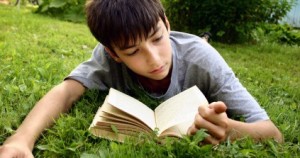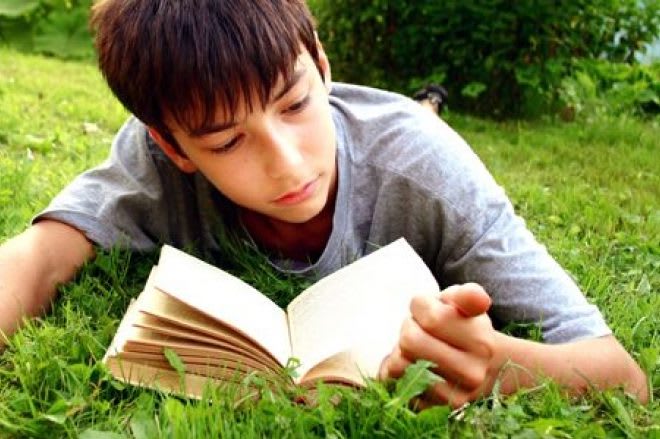Each year, like so many of you, I eagerly look forward to my summer vacation. Used properly, a vacation is not only an opportunity to take a break from the rigors of work, but it provides tremendous learning and growing opportunities. In fact, it can be said that how we use our vacation and what we do in our down time not only reveals much about our priorities, but has a huge impact on our children as well.
Every day in Shema we recite “v’sheenantam levanecha v’dibarta bam,” teach your children and speak about Torah, “b’shivtecha b’veisecha u’velechtecha ba’derach,” when you are sitting at home and when you are traveling on the way. I once heard a very powerful interpretation. We certainly teach our children Torah through the words we say and the messages we articulate. But even more so, we teach them through our actions and behaviors “b’shivtecha b’veisecha,” what we do when we are at home, and “b’lechtecha ba’derech,” when we are out of our homes, traveling on the road, enjoying a vacation.
When we are on vacation with our families, do they still see us davening (praying) three times a day and making every effort to attend minyan (quorum of 10 men for prayer)? Do they see us making time to learn, study and read? Are we able to truly disconnect and spend quality time with those that we love in meaningful, memorable ways?
 The summer is not only a time for us as adults to rejuvenate, revitalize and refresh. The break represents an amazing, often neglected opportunity for our children to grow as well. In fact, I would humbly submit to you that the two months in-between school are as important and significant in molding and shaping a child as the 10 months he or she attends school.
The summer is not only a time for us as adults to rejuvenate, revitalize and refresh. The break represents an amazing, often neglected opportunity for our children to grow as well. In fact, I would humbly submit to you that the two months in-between school are as important and significant in molding and shaping a child as the 10 months he or she attends school.
For 10 months a year, children that attend yeshiva day school are familiar with the weekly parsha (Torah portion) from school. Do we make sure that they study the parshiyot that fall between June and August as well? For 10 months a year, our children begin each day by davening to Hashem. Do we make sure that they realize that davening is part of a Jew’s daily routine, whether he or she is in school, working, or on vacation? For 10 months of the year, many children wear uniforms that reinforce the value of modesty. In the two months that they are off, are we vigilant to make sure that their choice of clothing and dress sends the right message?
For 10 months of the year, our children are stimulated intellectually and challenged academically to think, read and study. For the two months that they are off from school, do we allow them to be off from thinking and growing intellectually as well or do we challenge them to read for fun, explore their interests and expand their minds? The down time and ability to have fun and be kids is critical to their development. But it doesn’t mean we should be indifferent to our kids spending their summer playing video games and watching tv and movies.
As I head off on my summer vacation, I want to wish all of you a healthy, happy, safe and super productive summer.
Rabbi Efrem Goldberg is the Senior Rabbi of the Boca Raton Synagogue (BRS) in Boca Raton, Florida. He serves as Co-Chair of the Orthodox Rabbinical Board’s Va’ad Ha’Kashrus, as Director of the Rabbinical Council of America’s South Florida Regional Beis Din for Conversion, and as Posek of the Boca Raton Mikvah.
The words of this author reflect his/her own opinions and do not necessarily represent the official position of the Orthodox Union.

